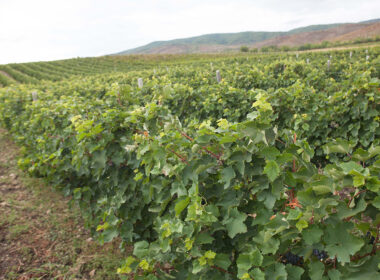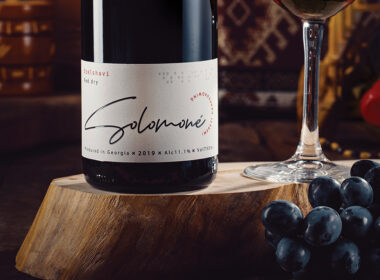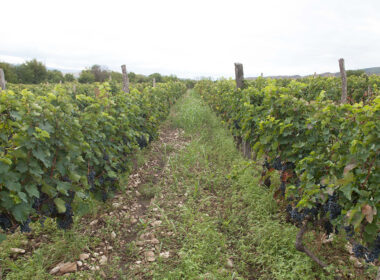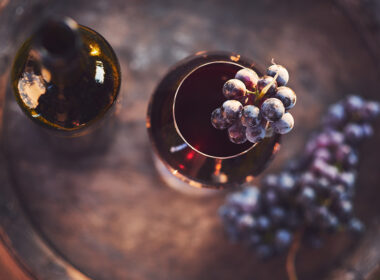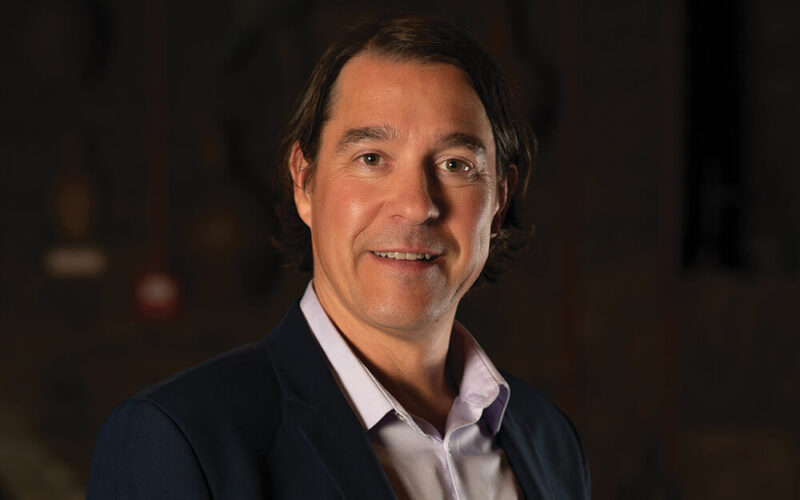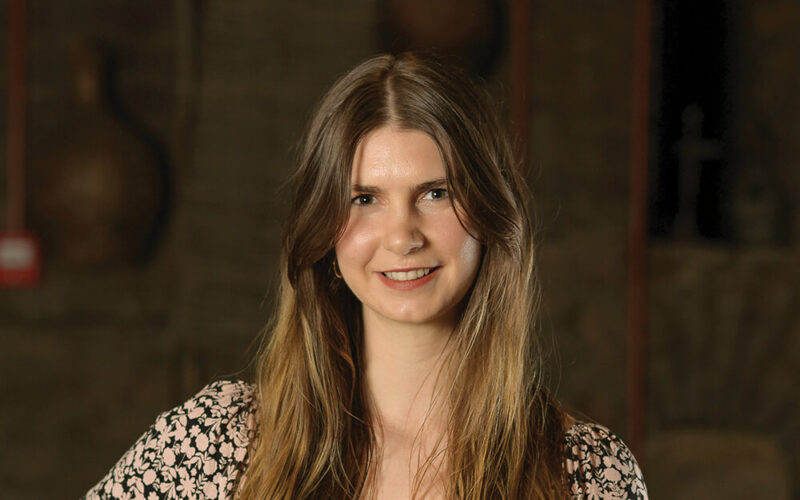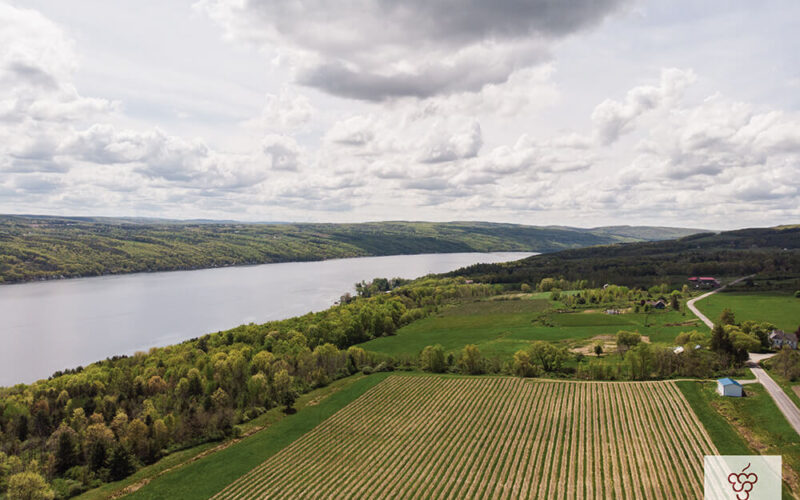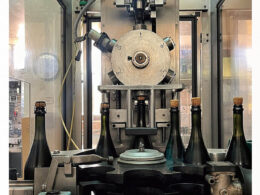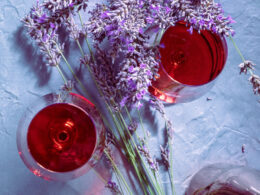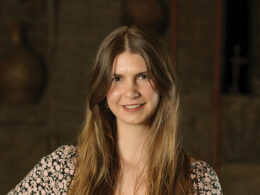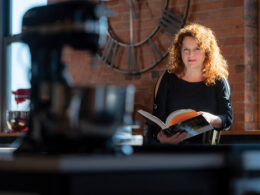In the Finger Lakes region of New York, the Saperavi Festival successfully returned for its second edition this year. This festival serves as a platform to promote Saperavi, other Georgian varieties, Georgian gastronomy, and culture not only within the region but also across the entire state of New York and the USA. Over the past 60 years, Saperavi has thrived in the Finger Lakes and has established itself as a traditional grape variety with great potential to become the region’s leading red wine grape. Its rising popularity in the region paves the way for its future success throughout America. The annual Saperavi festival, organized by Saperica and its founders, Lasha Tsatava and Erica Frey, aims to achieve this goal.
Lasha, Erika, and other like-minded individuals, established the festival last year. In the same year, they devised a comprehensive plan encompassing educational seminars, events, and exchange programs between the Finger Lakes and Georgia, catering to wine and gastronomy enthusiasts as well as professionals within the industry. The program was launched this year in April, a month and a half prior to the second Saperavi Festival. As part of the program, American winemakers, restaurateurs, sommeliers, and marketers had the opportunity to visit Georgia.
John McGregor | 2nd generation owner of McGregor vineyards that produces Saperavi.
Q: Your first impressions on visiting the homeland of these two varieties.
A: Overwhelming! It’s jaw-droppingly beautiful, the people are so welcoming and accommodating, and the food and wine is over the top.
The experience was incredibly insightful. We developed our Saperavi and Rkatsiteli styles over the last four decades without knowing how they were crafted in Georgia. Getting a deep exposure to Georgian winemaking coupled with the cuisine and hospitality spoke volumes to me. I’m already trying to figure out how to apply some of the traditional techniques to our portfolio. I think it is very possible to craft wines using traditional Georgian approaches without creating something that is a mere copy. This is a very exciting notion.
Q: Your opinion and evaluation of Georgian wines made by the traditional qvevri method.
A: The wines produced in this style are so far removed from what my palate is used to; at the start of the trip, it was difficult to shake my personal notions and biases. As I was immersed deeper and deeper into these wines, it was easier to start noticing nuances and variation. I’m completely intrigued by the styles of wines produced by this method. I’ve never been exposed to white wines with such intense texture and depth. The Saperavi wines tasted seem to offer the greatest opportunity for an American palate. The white wines are so different from what we can purchase here, it seems as if a qvevri application to white wines in the United States will be more difficult to gain traction.
Q: Within the frameworks of an exchange program, what is more likely to be of interest to you? a representative of a famous winery/winemaker visiting the Finger Lakes, or are you more likely to favour a young winemaker?
A: For the ideas I’d like to move forward on, a famous winery/winemaker collaboration makes the most sense. I could not be more grateful for being presented the opportunity to visit Georgia. I am ecstatic at the idea of future collaborations between Georgia and the Finger Lakes. I hope we are given the opportunity soon to welcome a contingency from Georgia to share our wine, food, and hospitality. Madloba!

